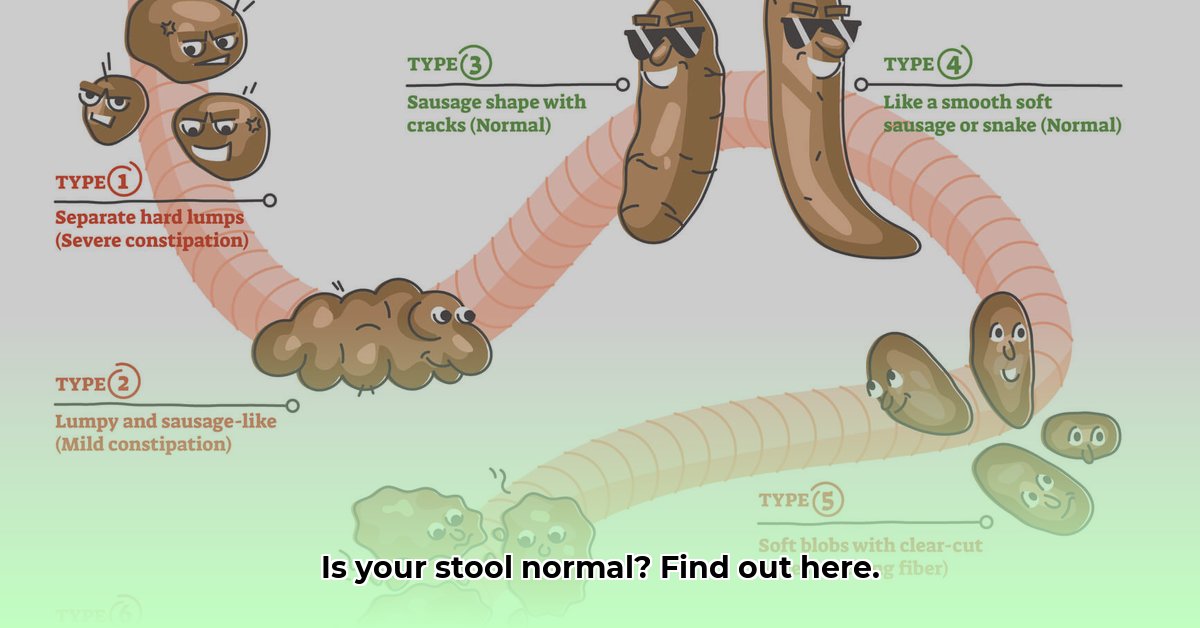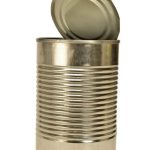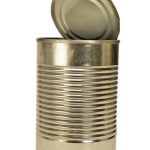What is Moderate Stool Burden?
Experiencing bloating, discomfort, or irregular bowel movements can be disruptive and concerning. “Moderate stool burden” describes difficulty with regular, comfortable bowel movements. It signals that stool isn’t moving efficiently through your colon, leading to discomfort and altered bathroom habits. This comprehensive guide explains moderate stool burden, its causes, symptoms, and effective management strategies.
Decoding the Causes of Moderate Stool Burden
Several factors can contribute to a moderate stool burden. Understanding these can empower you to make informed choices about your digestive health.
Lifestyle Factors
- Low-Fiber Diet: Fiber adds bulk to stool, promoting smooth passage through the colon. Insufficient fiber leads to hard, dry stools that are difficult to move. Excellent fiber sources include fruits (berries, apples, pears), vegetables (broccoli, carrots, spinach), whole grains (brown rice, oats, whole-wheat bread), and legumes (beans, lentils, chickpeas).
- Dehydration: Adequate hydration softens stool. Aim for at least eight glasses of water daily, especially during hot weather or after exercise.
- Lack of Exercise: Physical activity stimulates bowel movements. A sedentary lifestyle can contribute to slower transit time. Even a brisk 30-minute walk most days can make a difference.
- Ignoring the Urge to Go: Consistently ignoring the urge to defecate disrupts your body’s natural rhythm.
Medication and Medical Conditions
- Medications: Certain medications, such as some pain relievers (opioids) and antidepressants, can slow down bowel movements.
- Medical Conditions: Conditions like hypothyroidism and Irritable Bowel Syndrome (IBS) can influence digestive function and contribute to moderate stool burden. Other conditions, although less common, like chronic infections, post-surgical complications, steatorrhea (excess fat in stool), and autoimmune diseases or cancers affecting the digestive system, may also be contributing factors.
Recognizing the Symptoms of Moderate Stool Burden
Recognizing the signs of moderate stool burden is crucial for timely intervention. Common symptoms include:
- Infrequent Bowel Movements: Fewer than three bowel movements per week.
- Straining During Bowel Movements: Difficulty passing stool.
- Hard, Dry Stools: Noticeably different stool consistency.
- Abdominal Discomfort and Bloating: A feeling of fullness and pressure.
- Feeling of Incomplete Evacuation: Sensation that the bowels haven’t fully emptied.
Effectively Managing Moderate Stool Burden
Managing moderate stool burden often involves lifestyle modifications and, in some cases, over-the-counter remedies.
Lifestyle Changes
- Increase Fiber Intake: Gradually increase fiber intake to avoid gas and bloating. Focus on whole grains, fruits, vegetables, and legumes.
- Stay Hydrated: Drink plenty of water throughout the day to soften stool.
- Regular Exercise: Engage in regular physical activity to stimulate bowel movements.
- Establish a Regular Toilet Routine: Try to go to the bathroom at the same time each day, ideally after a meal. This can help regulate your body’s natural rhythm. Don’t delay when you feel the urge.
Over-the-Counter Remedies
- Stool Softeners: Help moisten the stool.
- Osmotic Laxatives (e.g., Milk of Magnesia): Draw water into the colon to soften stool.
- Bulk-Forming Laxatives (e.g., Psyllium Husk): Add bulk to the stool, stimulating bowel movements.
Note: Consult a pharmacist or doctor before using laxatives, especially long-term.
The Bristol Stool Chart: A Visual Guide
The Bristol Stool Chart provides a visual representation of stool consistency, aiding in assessing bowel movements. It categorizes stool into seven types, ranging from separate hard lumps (Type 1) to entirely liquid (Type 7). Types 1 and 2 often indicate constipation, while types 6 and 7 suggest diarrhea. Types 3, 4, and 5 are generally considered ideal.
Additional Considerations
- Natural Remedies and Probiotics: While some find relief with probiotics or herbal remedies, scientific evidence for their effectiveness in treating moderate stool burden is limited. Consult your doctor before trying these.
- The Leech Score: Though more commonly used in pediatric settings, the Leech Score, similar to the Bristol Stool Chart, can offer a visual understanding of stool consistency.
When to Seek Medical Advice
Consult a doctor if:
- Lifestyle changes and over-the-counter remedies don’t provide relief.
- You experience severe pain, blood in your stool, or unexplained weight loss.
- Your bowel habits change suddenly or significantly.
Potential Complications of Untreated Moderate Stool Burden
Ignoring moderate stool burden can lead to:
- Fecal Impaction: Hardened stool becomes lodged in the rectum.
- Hemorrhoids: Swollen veins in the anus and rectum.
- Anal Fissures: Small tears in the lining of the anus.
- Diverticulitis: Inflammation of the digestive tract.
Ongoing Research and Evolving Understanding
Our knowledge of gut health continually evolves. Ongoing research explores the gut microbiome and its impact on digestive function. While increasing fiber is generally recommended, excessive fiber might adversely affect some individuals. The effectiveness of probiotics also varies depending on the strain and individual gut composition. Stay informed about the latest research and consult your healthcare provider for personalized advice.
Disclaimer: This information is for educational purposes only and does not constitute medical advice. Always consult a healthcare professional for any health concerns or before making any decisions related to your health or treatment.
- How Can I Make Free Electricity By Generating Home Power - February 7, 2026
- How To Produce Power At Home Through Alternative Energy Systems - February 6, 2026
- How Can I Make Electricity At Home Using Renewable Energy? - February 5, 2026
















